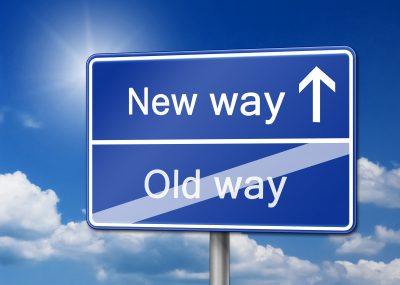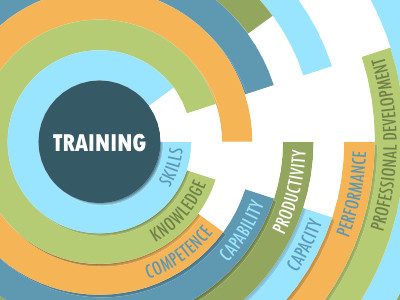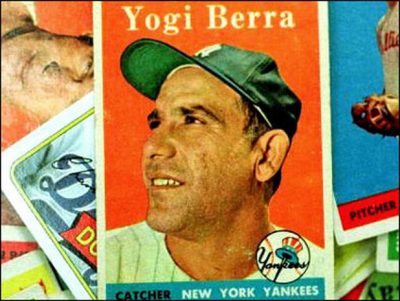Unravelling the Mysteries of Challenging Behavior
Challenging behavior is a catch-all term that, in the context of dementia, includes one or combinations of things like shouting, wandering, biting, throwing things, repetitive talking repetitive movements, destroying personal possessions and other objects without regard for whom it belongs, agitation and general anger, physical or verbal attacks on others, waking others at night, making sexually inappropriate comments, disrobing inappropriately, and urinating or defecating in undesirable locations. This is not an all-inclusive list and I am sure you can think of many more examples that fit under the umbrella term of challenging behavior.







